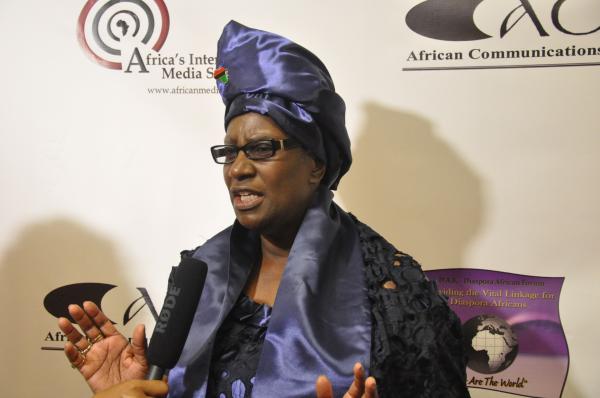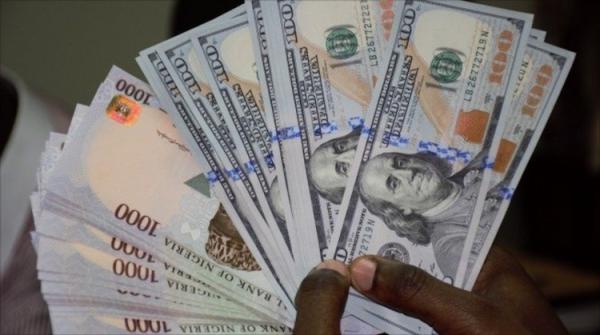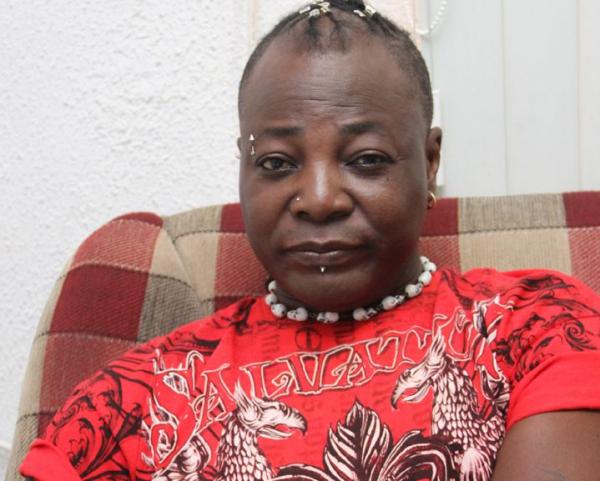
As the Dollar strengthened, the value of the Naira continued to remain stable amidst a tumbling currency trend in emerging economies as Nigeria rides on the rising price of crude oil at the international market.
The value of the naira on the streets have remained stable at N363 to the Dollar while the currency continued to hover around N361 and N363 at the Bureau de Change and Investors and Exporters window.
Price of Brent Crude has so far risen by over 10 per cent this year selling at around $68 per barrel. The rising oil price alongside a stronger dollar has had a negative impact on stocks and currencies of emerging markets especially crude importers.
The MSCI index of emerging market currencies fell 0.3 percent as the Dollar built on last week's gains and hit a 16-month high; while oil prices rose by more than one percent on Monday as top exporter Saudi Arabia announced a December supply cut.
Head of Asia Pacific trading at Oanda, Stephen Innes, noted that "the recent rebound in oil prices is a reminder that it will become increasingly difficult for twin deficit currencies - rupee, rupiah and peso - to smooth currency volatility via rate hikes without hurting the economy, and through interventions without depleting reserves."
FXTM Research Analyst, Lukman Otunuga, commenting on the currency said the naira continues to witness stability against a broadly stronger dollar despite other emerging market currencies feeling the heat.
He however noted that while the "naira's resilience is somewhat encouraging, the price paid to keep the local currency buoyed is becoming increasingly discouraging
"Defending the naira has sent the nation's foreign exchange reserves slipping to an eight-month low. With oil prices briefly entering a bear market last week, it may become a headache for the Central Bank of Nigeria to defend the naira against an appreciating dollar."
The CBN has continued to maintain its intervention in the foreign exchange market to help stabilize the value of the currency by ensuring that demands for the greenback is being met. This had seen the external reserves of the country seen a consistent decline.
External reserves had hit its highest level in five years in May this year reaching $47.865 billion, a level it last achieved in April of 2013 when it was $47.9 billion.
Hence it has consistently declined with the 30 days moving average dropping to $41.73 billion as at November 9, 2018.
This shows a 12.9 per cent decline when compared to the highest level it reached this year but a 7.2 per cent improvement over $38.91 billion which it was at the beginning of the year. In spite of the declining reserves, the Central Bank of Nigeria believes that the recent decline in the nation's foreign exchange reserves and capital outflows from the country are not a cause for worry.






















